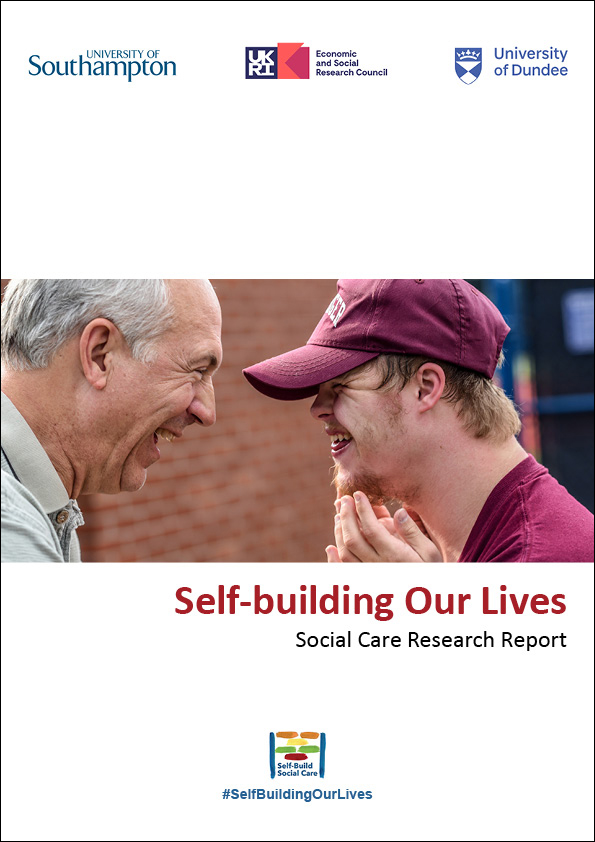Project Report

Project Report (Web / Screen Version) PDF (1.6 MB)
Project Report (Print Version) PDF (7.5 MB)
COVID-19 has been a devastating experience for many people who use social care and the workers supporting them. People with learning disabilities in particular have been significantly impacted and remain at the furthest reach of the benefits of personalisation. Yet one positive from the pandemic has been that calls for social care reform have gotten some airtime. It’s time for social care to get the attention it deserves.
Our new research report, which seeks to inform this discussion on reforming social care, is timely then. Its focus on people with learning disabilities serves to provide important lessons over how social care can enable all people with support needs to respond to the advances made by personalisation and build meaningful lives in their communities. The lessons learnt from this group, we argue can create a more inclusive and relational social care sector, based on local networks supporting people’s lives.
Our report is based on a two-year ESRC-funded collaborative research project to find out how people with learning disabilities have been seeking to ‘self-build’ their lives together with their families, friends, advocates and local support organisations. Its findings are focused around the key ‘building blocks’ in people’s lives, including finding information and keeping and feeling safe in the community.
It recommends actions that policy makers, commissioners and support providers can take to ensure social care remains relevant to this group. The set of recommendations is also focused around the key ‘building blocks’ that need to be supported to enable people with learning disabilities to achieve their goals of building meaningful lives.
Some commentators have posited a National Care Service, akin to a NHS for social care. This is not the answer because it leans towards monolithic structures that disabled people have been trying to break through for decades. We need community embedded, person-centred and people powered social care that people can trust and cherish. Our report outlines how this can be achieved through independent brokerage, advocacy, community peer support and self-advocacy opportunities.
Support organisations have an important role to play in this reform. We share the insights from managers who provide community-embedded support that are making a real difference and highlight how they are tackling the challenges their sector faces. Our recommendations outline clear steps that organisations can take, including facilitating its members to self-advocate.
Hopefully we can look back on the post-Covid-19 era as a 'golden moment' to reclaim social care and support as being about people being supported to build their skills and confidence to take part in their communities.





